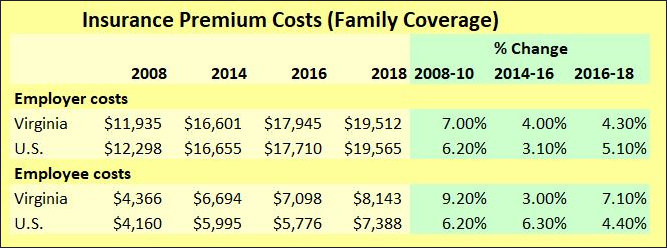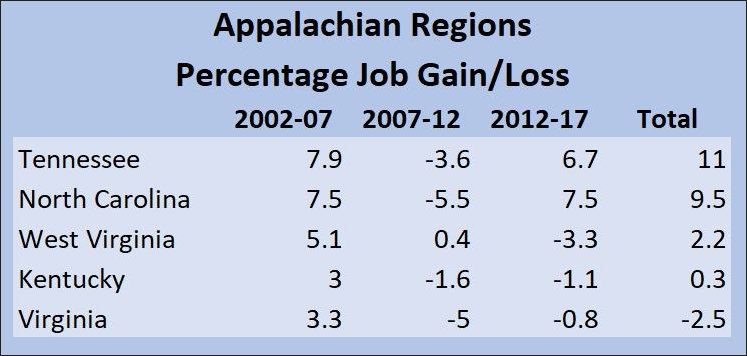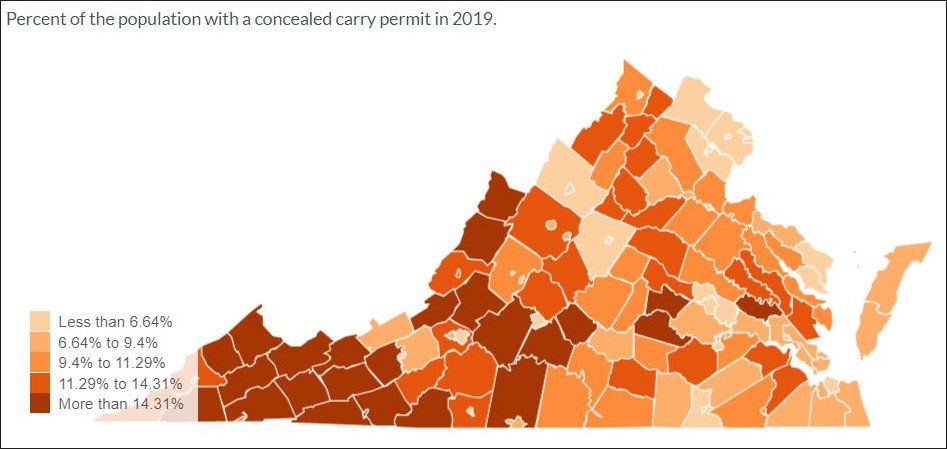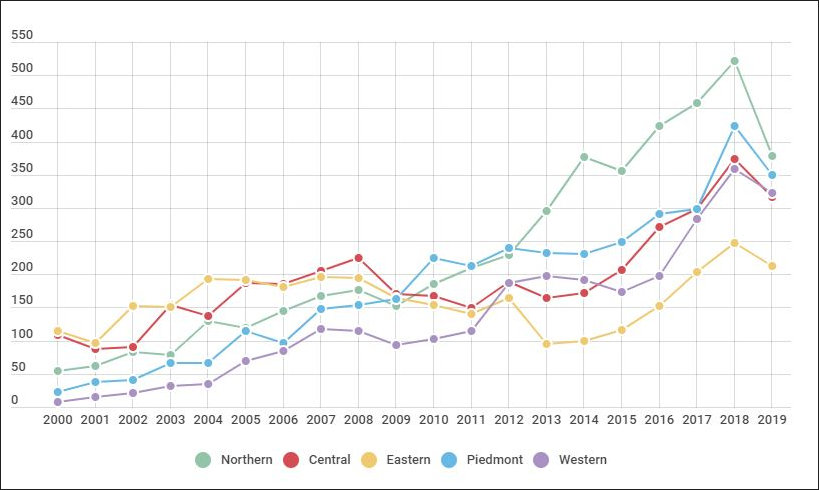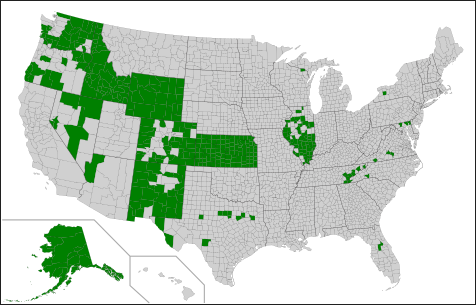by James A. Bacon
Mirroring national trends, Virginia healthcare markets are severely out of whack. The main difference is that here in the Old Dominion, they’re even more out of whack than they are for the country as a whole. In 2018, total out-of-pocket medical insurance costs for Virginia employees (employee contribution to premiums + deductible) amounted to $8,143 — 10.2% more than the national average.
That’s on top of what employers pay. According to the latest data compiled by the Commonwealth Fund, employers on average contribute $6,635 for single coverage and $19, 512 for family coverage. Add up the employer and employee share, and the cost of family coverage is equivalent to about $13.30 per hour in earnings for a full-time employee.
These costs have rapidly outpaced the general cost of living. As a percentage of median income, out-of-pocket costs have increased from 6.9% of median income to 10.7%.
Out-of-control medical insurance costs constitute a crisis for Virginia’s middle class. While the public policy debate in Richmond has focused almost exclusively on how to extend insurance coverage to the poor and working poor in the form of Medicaid expansion and Obamacare, nothing more than lip service has been given to the crisis for people who pay their own way. Continue reading

